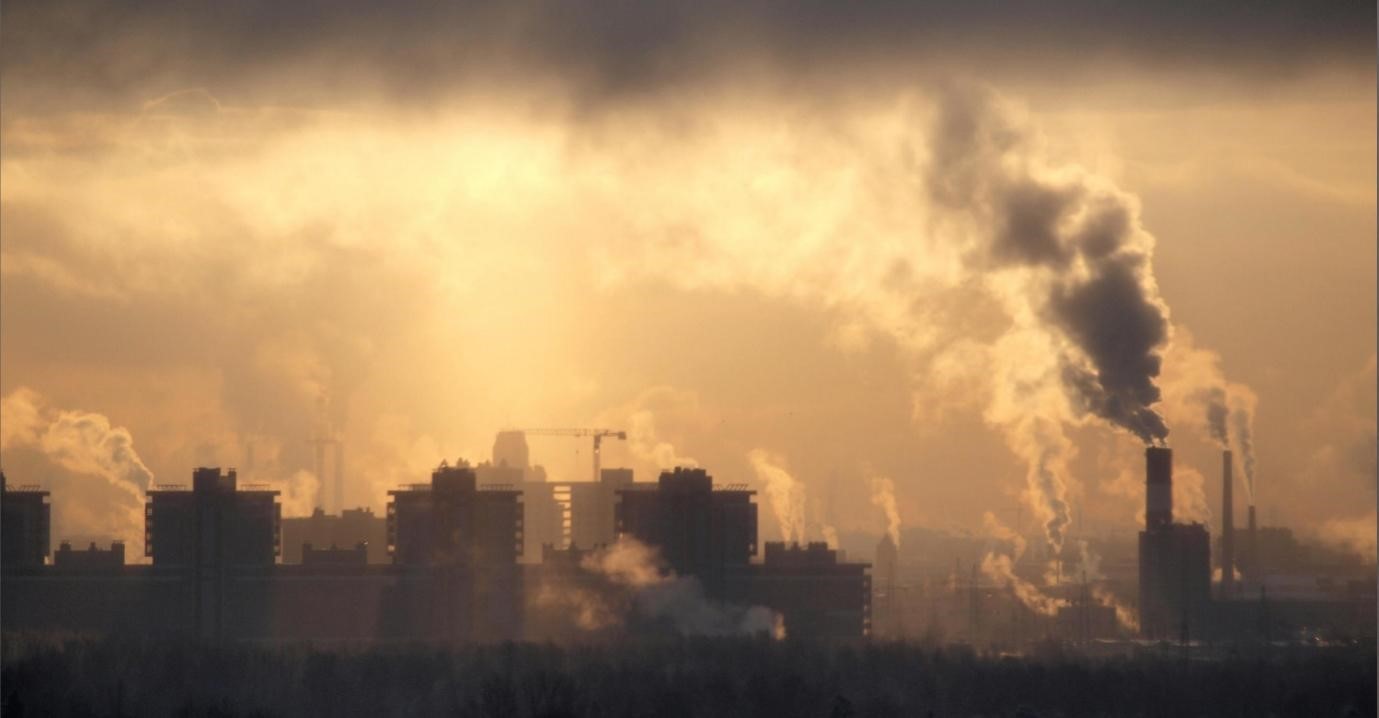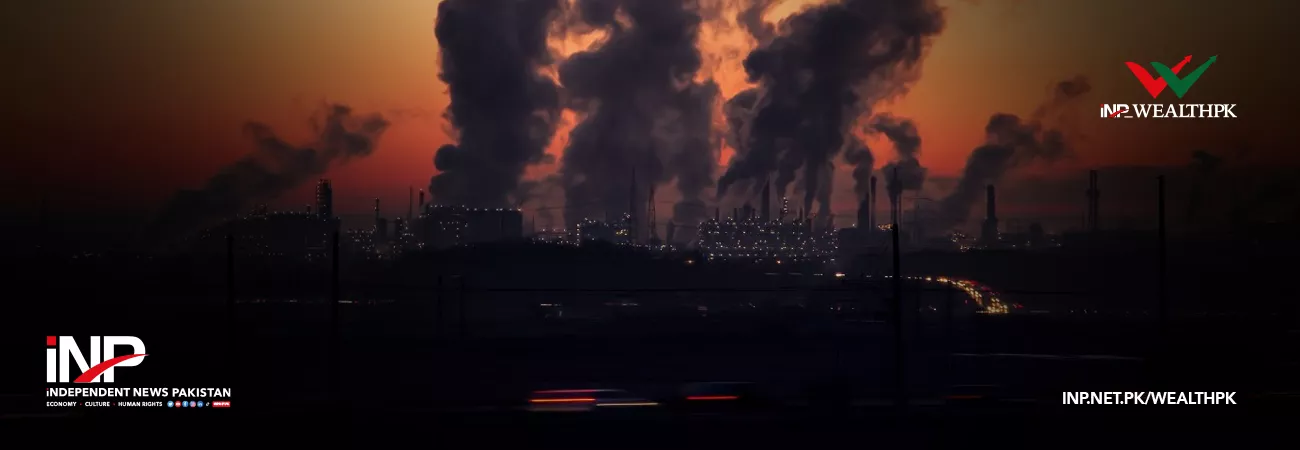INP-WealthPk
Arsalan Ali
Pakistan needs to take effective steps backed by robust and result-oriented policies to control air pollution and smog, WealthPK reports.

Dr Rehana Siddiqui, former head of the Pakistan Institute of Development Economics, told WealthPK that the emission of toxic material from the burning of fossil fuel in vehicles combined with poor fuel quality cause air pollution in the country. Other factors that cause pollution and smog include the burning of crop residue, urbanisation, deforestation and industrialisation. “The transport and power sectors are major consumers of fossil fuels,” she said.
The data released by the Oil Company Advisory Council shows that the sale of energy products was recorded at 9,858,708 megatons during the first five months of the current fiscal. The sale of energy products by the transport sector was recorded at 7,487,550 MT and the power sector at 1,585,477 MT.
Dr Rehana said that cold temperatures in the initial months of the winter season led to the formation of smog, which blanketed cities. “Faisalabad and Gujranwala are the industrial hubs of Punjab whereas Lahore faces the issue of unchecked urbanisation due to the shifting of people from rural areas to urban areas,” she added.
She said that air pollution and smog affect human health and cause respiratory problems such as asthma exacerbation, coughing, burning throat, chest irritation and chronic bronchitis, eye cardiac and skin manifestation.
“Particular matter 2.5 (PM 2.5) is a component in smog having a size less than 30 times the thickness of hair. It is considered to be a major health hazard. It can pass through the airways and settle down in the lungs, causing many pulmonary pathologies. It is the same component that reduces visibility and causes haziness in smog,” said Dr Rehana.
According to recent data, the Air Quality Index (AQI) of Lahore is 230, Peshawar 456, Islamabad 191, Faisalabad 199, Muridke 238, Bahawalpur 180, Rawalpindi 174 and Karachi has an AQI of 173. She said the level of air pollution in the country far exceeds the limit considered safe for humans. “A safe AQI value is less than 50,” she added.
Dr Rehana said that the efforts made by the government and other organisations to reduce smog and air pollution in the country are not sufficient. She said that the government needs to take effective steps to achieve safer air quality goals. Reducing the dependency on fossil fuels would also help the government to decrease the hefty import bill.
She said that besides shifting to renewable energy, the government should devise a proper mechanism to discourage migration of people from rural to urban areas by providing facilities. She added that controlled urbanisation, strict emission standards for vehicles, improvement of fuel quality, encouraging industry to use cleaner fuel and shifting of the industry away from the cities would also help to reduce air pollution and smog.
She said that forestation should be the top priority of the government. Everyone should come forward and play a role in controlling air pollution and smog in the country because without public cooperation nothing could be achieved. “Social media platforms along with electronic and print media can play a vital role in creating awareness among people about these issues,” Dr Rehana told WealthPK.
Credit : Independent News Pakistan-WealthPk













